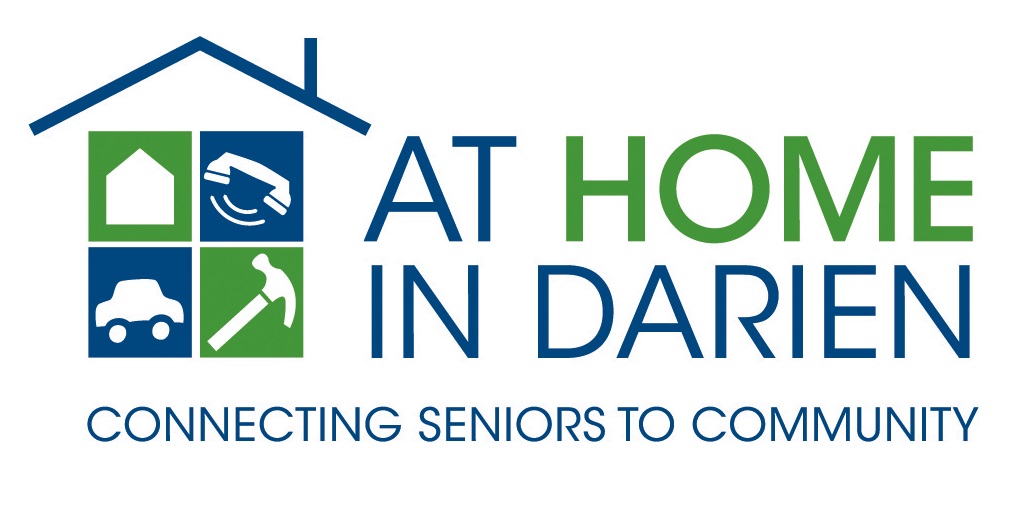On August 21st, in conjunction with the Darien Library, At Home In Darien presented a conversation with Mary Hogan, author of the novel Left: A Love Story. Beth Paris, Director of Darien Senior Programs, spoke with Ms. Hogan about her novel, the story of a woman who loses her husband to dementia.
The talk was an opportunity to share information about dementia and the resources available to those affected by it, and their caretakers. I wanted to pass along some helpful information that arose from the discussion and also share some additional useful information.
Dementia is the loss of cognitive functioning (remembering, thinking and reasoning) and behavior abilities, severe enough to interfere with daily life. It’s a general term that describes a group of symptoms associated with a decline in memory or mental ability, including Alzheimer’s disease. But there are many other conditions that can cause symptoms of dementia. And while dementia is more common as people age, it is not a normal part of aging.
Signs and symptoms of dementia appear when brain cells are damaged, lose connections with other brain cells, and die. Symptoms of dementia can vary greatly and include issues with memory, communication and language skills, visual perception, problem solving, self-management, and the ability to focus and pay attention. Some people with dementia cannot control their emotions and their personalities may change.
While some factors that increase the risk for dementia such as age and genetics cannot be changed, there is research that shows there are things we can do to reduce our risks.
- Protect your brain by improving your cardiovascular health. Damage to blood vessels anywhere in your body can damage blood vessels in your brain, depriving brain cells of vital food and oxygen. Don’t smoke, maintain a healthy weight, and keep your blood pressure, cholesterol and blood sugar within recommended limits.
- Exercise regularly. Research shows that increasing blood and oxygen flow to the brain benefits brain cells.
- Eat a diet that includes relatively little red meat and emphasizes whole grains, fruits and vegetables, fish and shellfish, nuts, olive oil and other healthy fats. To keep your brain healthy, you have to keep your heart healthy.
If you or a loved one are experiencing memory difficulties or other changes in cognitive skills, see a doctor as soon as possible to determine the cause. If symptoms indicate dementia, early diagnosis allows a person to benefit from treatments and may be an opportunity to volunteer for clinical trials or studies. It can also allow time to plan for the future.
For more information:
The Alzheimer’s Association is a trusted resource for information, education, referral and support. Call the 24/7 Helpline at 800.272.3900, or find information online at https://www.alz.org/alzheimers-dementia
Additionally, if you are a caretaker, it is important to know you are not alone… Darien Senior Programs offers a Caregiver Support Group, led by Beth Paris, which meets on the third Wednesday of the month from 1:00pm to 2:30pm. Please call the Darien Senior Center at 203.656.7490 for details.
